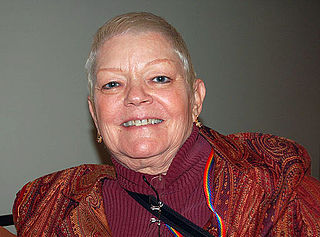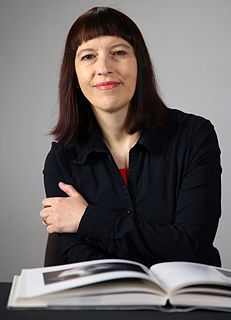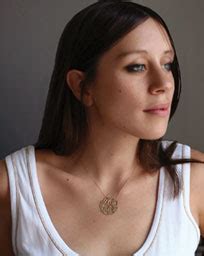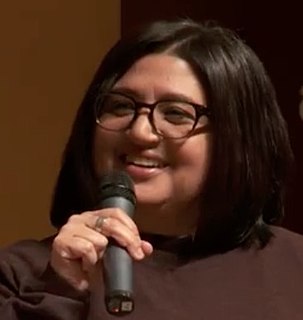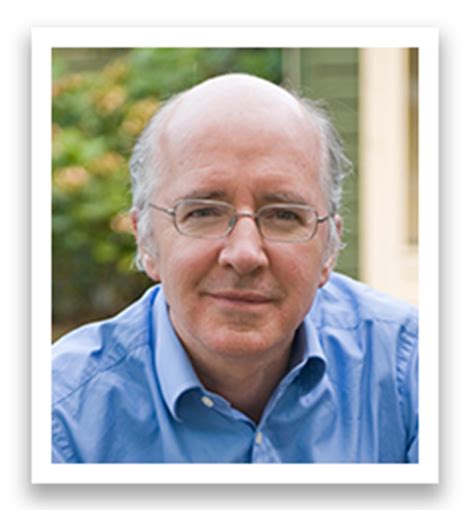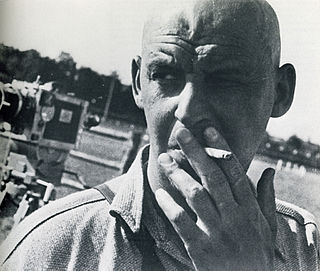A Quote by Edith Wharton
To visit Morocco is still like turning the pages of some illuminated Persian manuscript all embroidered with bright shapes and subtle lines.
Related Quotes
Regular geometry, the geometry of Euclid, is concerned with shapes which are smooth, except perhaps for corners and lines, special lines which are singularities, but some shapes in nature are so complicated that they are equally complicated at the big scale and come closer and closer and they don't become any less complicated.
The viewer who sees only a study in the picture of the glass jug illuminated from behind fails to appreciate the masterly composition, the noble purity of the lines, the rich plasticity of the form and consequently also the poetry and beauty of the picture, and still more important, its specifically photographic qualities.

